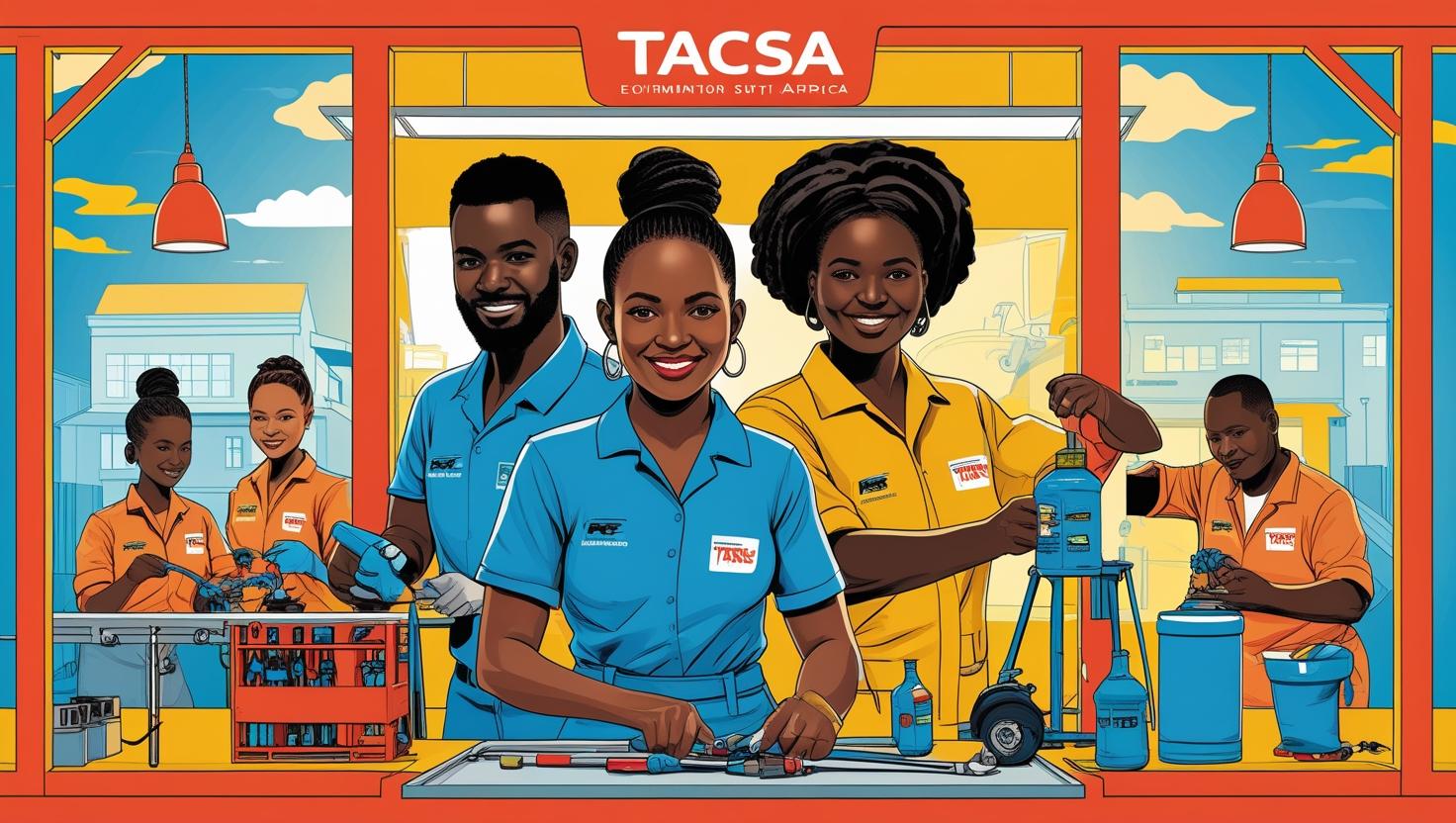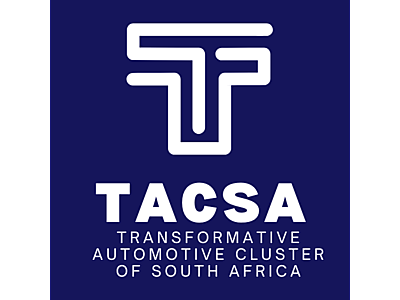Why TACSA Is a Game-Changer for South Africa’s Automotive Future
Posted by Floyd Baloyi (Community Manager)  on
11 June 2025, 15:10
SAST
on
11 June 2025, 15:10
SAST
In a country where over 40% of young people are unemployed and informal mechanics operate without recognition or resources, the Transformative Automotive Cluster South Africa (TACSA) has emerged as a bold and strategic solution. More than just a development programme, TACSA is a game-changer—redefining how township and rural communities engage with South Africa’s automotive economy.

1. It Formalises the Informal
South Africa’s informal mechanics—sometimes called "backyard mechanics"—make up a large percentage of the national repair market. Yet they often lack access to tools, technical training, or business registration.
TACSA changes that by:
- Helping informal mechanics become legally recognised service providers
- Providing diagnostic equipment, workshop upgrades, and business support
- Introducing formal pathways into the automotive value chain
This shift helps uplift local economies and promotes compliance, quality, and customer trust.
2. It Empowers the Youth
TACSA puts youth skills development at the heart of its mission. By working with TVET colleges, SETAs, and local mentors, the programme trains unemployed youth in:
- Engine diagnostics and modern vehicle servicing
- EV and hybrid maintenance
- Basic business and customer service skills
In doing so, TACSA creates real employment pathways in high potential but underserved areas—bridging the gap between aspiration and opportunity.
3. It Brings Technology to the Townships
One of TACSA’s most powerful interventions is digitalisation. Through partnerships with platforms like HaynesPro Workshop Data, township workshops gain:
- Instant access to OEM repair data and diagnostics
- Improved service quality and job turnaround times
- The ability to compete with formal workshops in suburban markets
This technology leap levels the playing field for previously excluded mechanics.
4. It Boosts Local Economies
TACSA is not just a skills programme—it is an economic engine. By supporting township workshops and linking them to parts suppliers, training institutions, and customers, the initiative:
- Keeps money circulating within communities
- Encourages entrepreneurship and job creation
- Increases consumer trust in local services
Each transformed workshop becomes a local asset, drawing vehicle owners back into the township economy.
5. It Aligns with National Industrial Policy
TACSA have fully aligned with South Africa’s Automotive Masterplan 2030, which promotes:
- Increased local vehicle content
- Skills transformation
- EV readiness
- Township industrial inclusion
By scaling initiatives like TACSA, the country moves closer to a future where industrialisation benefits all—not just the urban or elite few.
6. It is Scalable through the GATE Model
TACSA’s success has inspired the Gauteng Automotive Township Economy (GATE) model—a blueprint for replicating its impact across other provinces. Expansion plans include:
- More township workshop clusters
- Rural service hubs and mobile tech units
- EV training centres in underserved communities
This model ensures TACSA’s impact goes national, not just local.
Final Thoughts: A Movement, Not Just a Model
TACSA is changing how we think about automotive development. It brings the tools of transformation—skills, tech, structure, and dignity—into the hands of the people who have long been left out.
That is what makes TACSA a true game-changer. See link here
